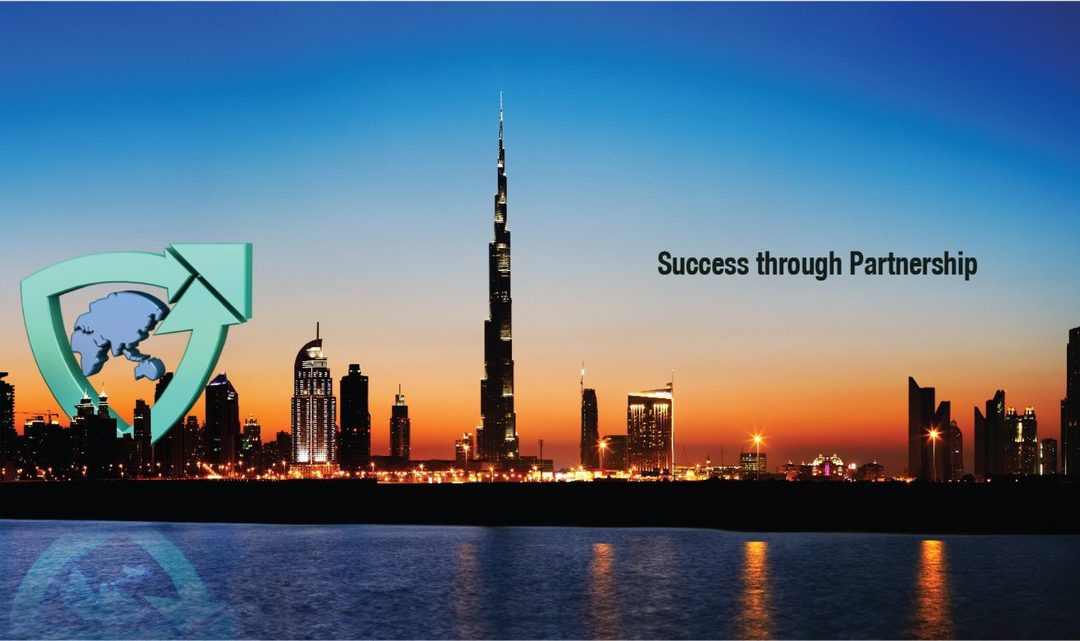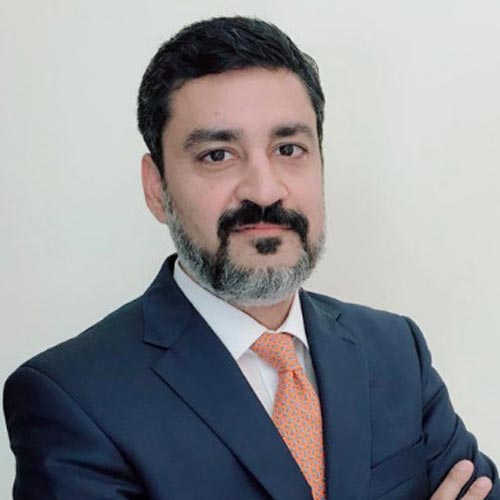Startups.. This term evokes several emotions, ranging from $$ to awe, admiration, intrigue and skepticism. Technology revolution and creation of several multi billion dollar companies in the last few years has created a lot of excitement around this space. Young entrepreneurs leaving their comfortable jobs with large multinationals, trying to create the next Facebook and investors rushing to deploy capital competing with each other so as not to miss the opportunity to invest in the next Uber, has made the term start-up synonymous with free money and overnight millionaires for the common man.
Reality cannot be more different. While we all know Facebooks and Ubers of the world, we forget 1000s of failed ventures that failed to take off due to ideas that were not fully thought through, bad execution, lack of management experience, not enough traction from clients to test and market a new product or service, lack of capital and believe it or not, at times, too much capital.
Gulf International Finance Limited (GIFL), is working with some of the largest companies in the Middle East, to help them look at the start-up ecosystem and how can they support the fledgling innovative companies in their respective domains for the mutual benefit of all the stakeholders. One of the key aspects of supporting young start-ups is to harness the creative energy that is being generated by these new age, tech enabled businesses to help traditional companies and businesses reinvent themselves and remain ahead of the curve. Innovation is no longer a good to have function limited to R&D departments of large organizations but rather is the front and center of every progressive CEO’s agenda. However, large organizations have their constraints and often size becomes a hindrance to being creative and nimble, which a young start-up can be. A start-up may lack customers, management depth and resources to take its idea to the next level, which a large organization can do. Hence to fill this gap, some of the more progressive large organizations are side stepping their internal organization and working with startups to co-create and co-develop products and services for their own internal consumption as well as to meet the said and unsaid needs to their customers to help them stay ahead of the game.
We recently visited India to meet some of the startups in the healthcare space. The objective of this visit was to explore possibilities of collaboration between the start-ups and the healthcare companies in the region to help these startup achieve scale and help the healthcare industry in the Middle East get access to latest innovations in the industry. We also met fund managers, venture capitalists, incubators etc to get a feel of the healthcare start-up ecosystem in India. It was heartening to see the innovation happening in this space, ranging from making healthcare affordable and accessible, to cutting edge research in genomics. The quality of discussions, the boldness and relevance of the ideas, the passion and energy of the entrepreneurs and the intellectual capital and creative energy all around, was an inspiration.
GIFL remain committed to help its clients gain access to some of the latest developments in their respective industries and help them work with companies which can add value to them and can also benefit from their association. We eventually would like to create an ecosystem of startups. entrepreneurs, large organizations and investors where each of the constituents can benefit from these partnerships and help each other grow.






